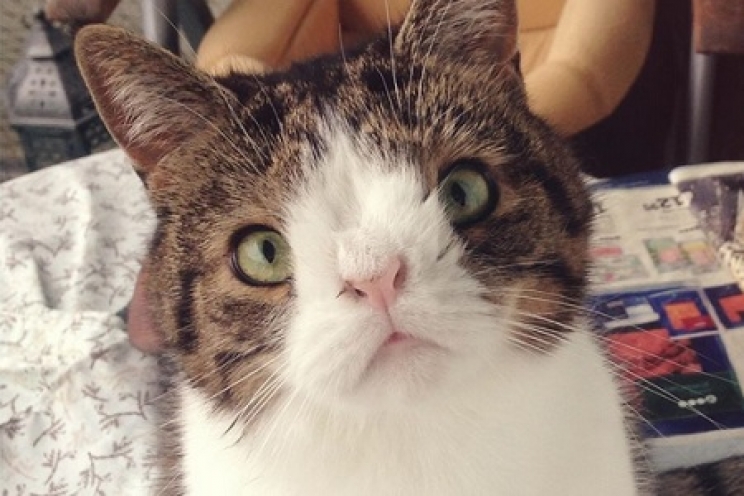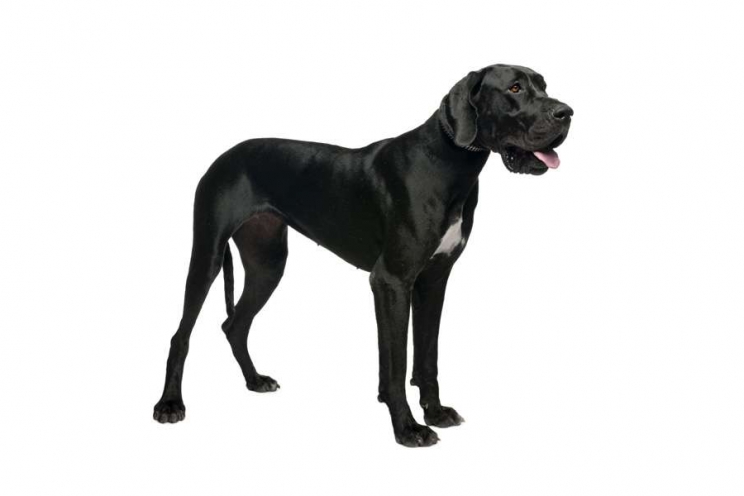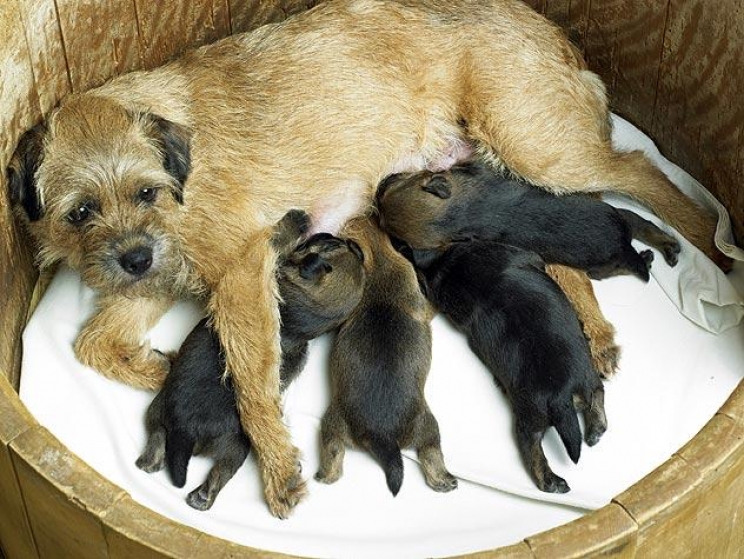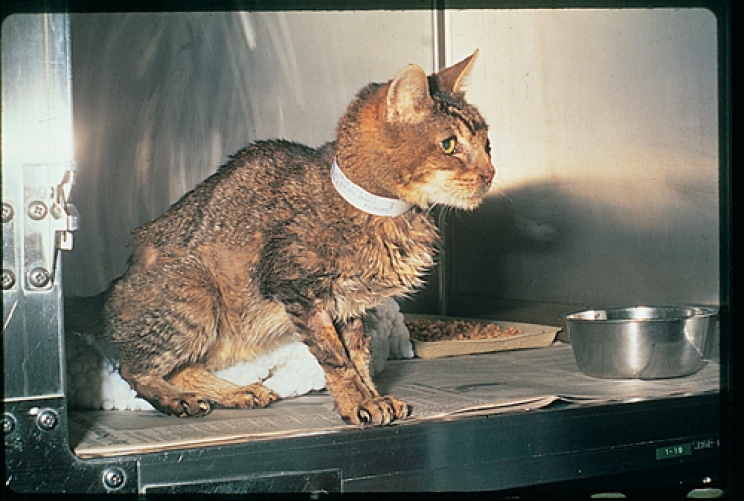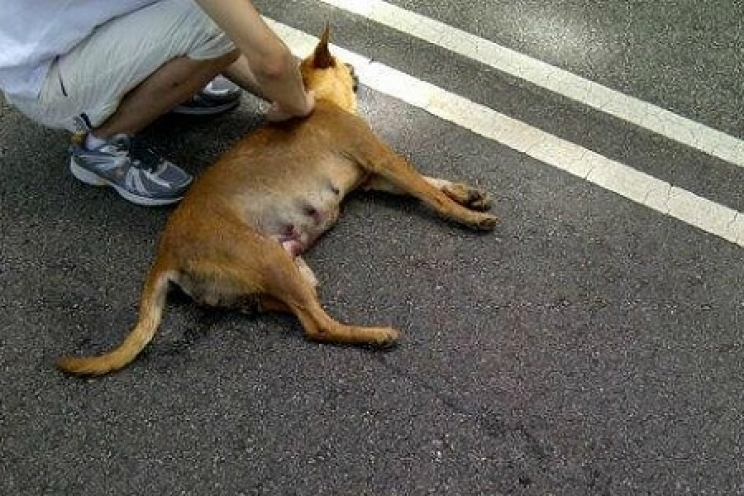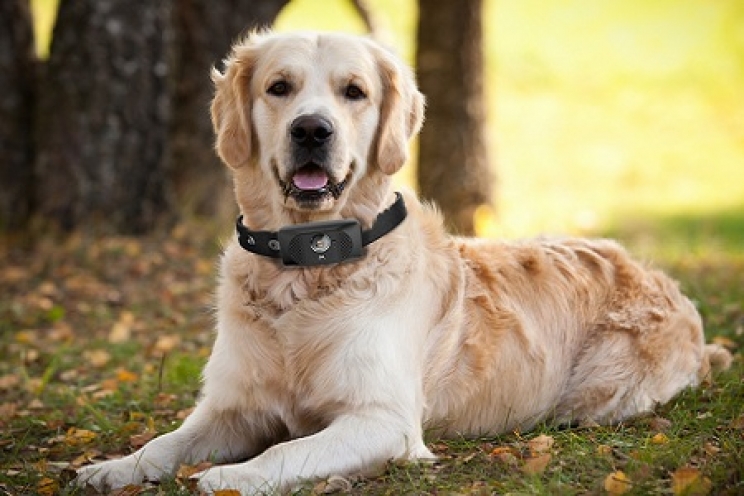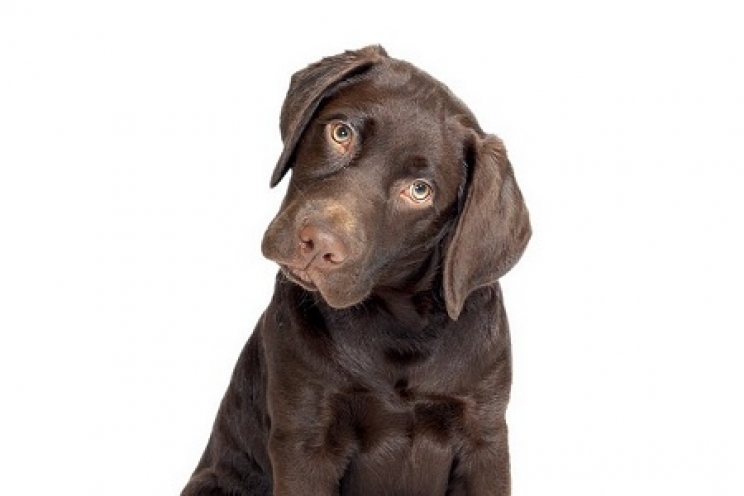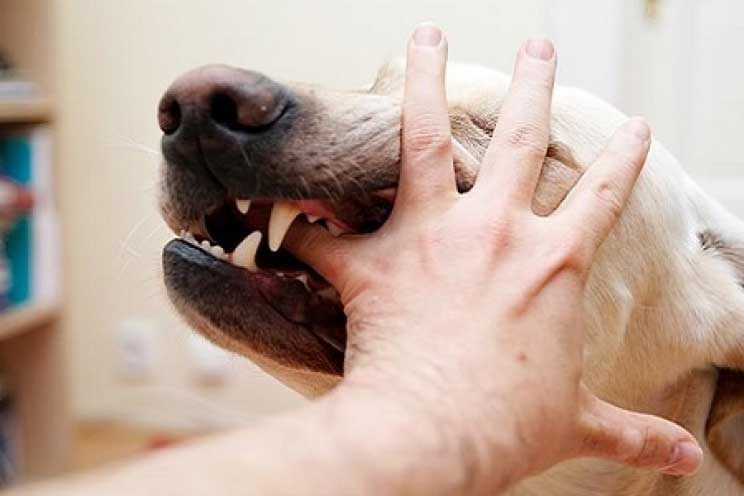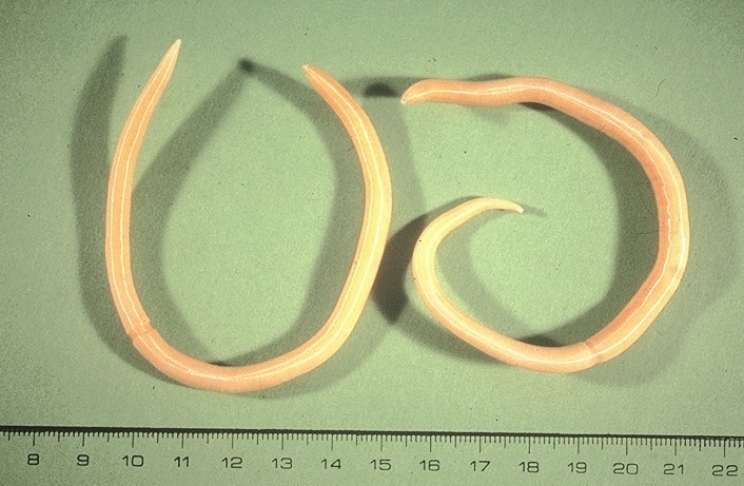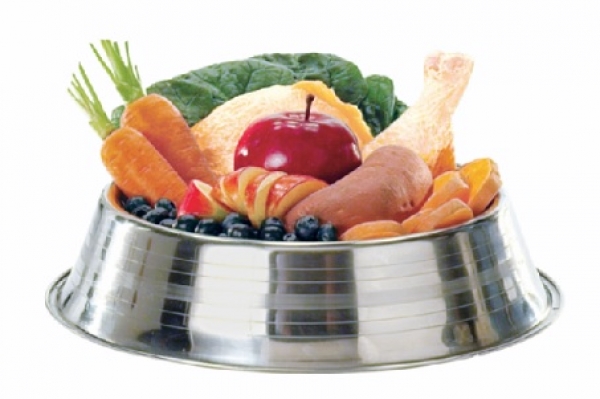Sterilized animals have a greater tendency to overweight and obesity, so they must be offered a food with particular characteristics, which must aim above all at weight control. What is the ideal diet for neutered dogs and cats?
Sterilization
Sterilization, also called castration (in males), is the intervention that allows the removal of some parts of the animal's reproductive system. In particular, in females ovaries, with or without the uterus, whilst in males only the testicles.
Sterilization mainly serves to prevent unwanted pregnancies, but it also has other very important tasks. First of all, by sterilizing our animals, the so-called recurring "heat" in females is avoided, your dog will not run away at night to have fun as they might have been doing before.
Furthermore, sterilization is essential to reduce the risk of breast tumours in females and testicles in males, especially if carried out before the onset of the first heat in females.
This is an intervention that can now be easily defined as routine. It is performed under general anesthesia and has a fairly short duration, especially in males.
Why do neutered animals gain more weight?
Sterilization is not the direct cause of weight gain, but rather is able to induce a series of changes in the animal. If the owner does not do anything about this, the animal will become fat.
These changes include:
- The metabolism: the set of processes that occur in the body to exploit the energy obtained from food, becomes slower, so energy is accumulated, rather than consumed;
- The animal tends to get bored more and wants to eat more often;
- The animal becomes lazier;
- Stress and mental and physical activation caused by the "heat" are reduced.
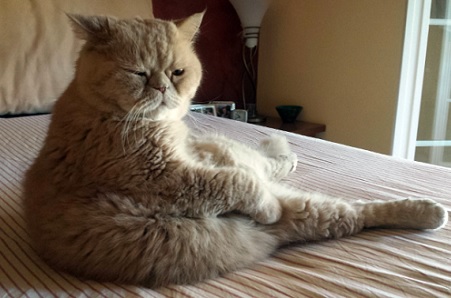
In any case, dogs and cats that live indoors in most cases tend to gain weight regardless of sterilization. Owners are responsible for the food given to the animal and for the amount of physical activity they do during the day. Therefore, in this case, sterilization is just the icing on the cake.
What does the diet for sterilized animals include?
The specific diet for sterilized dogs and cats must aim first of all at weight control, but also at preventing recurring conditions in these animals.
Key features of sterilized animal food include:
- Low Calorie: Calories are our body's fuel. Their contribution must be balanced with the actual use. By giving the animal too much caloric food, without having the opportunity to dispose it off through the right physical activity, will undoubtedly make it fat;
- Less fat: fats should not be banned from the diet, because they are essential for many functions. Their content, however, must be balanced and proportionate to that of the other ingredients;
- Rich in fibre: fibres perform many different functions for our body, but in this case, they are essential to stimulate the sense of satiety and to promote intestinal transit. The fibres, in fact, once arrived in the intestine, swell, giving the perception of having eaten much more, and at the same time pushes the stool outwards;
- Good quality protein: in lower quality pet foods, you can find poor quality meats and protein sources, such as offal and waste. A healthy food, on the other hand, must contain good quality proteins, such as eggs, fish and meat;
- Low magnesium content: magnesium is one of the most harmful minerals for the urinary tract of animals, but especially for cats. If present in excessive quantities, it can cause the so-called struvite stones. For this reason, the diet of sterilized animals must not exceed magnesium content. The diet must make the urine more acidic, in order to facilitate the dissolution of the stones;
- Relationship between calcium and phosphorus: the relationship between these two minerals in the body must be well balanced. In fact, a lack of phosphorus stimulates the elimination of calcium through the urine. Calcium can compact in the urinary tract, creating calcium oxalate stones that are much more difficult to remove than struvite stones.
In conclusion, it is important to constantly stimulate the animal to drink, also encouraging it to consume the right amount of wet food. By doing this, he will feel less hungry and we will also prevent the formation of stones and inflammation of the urinary tract.

